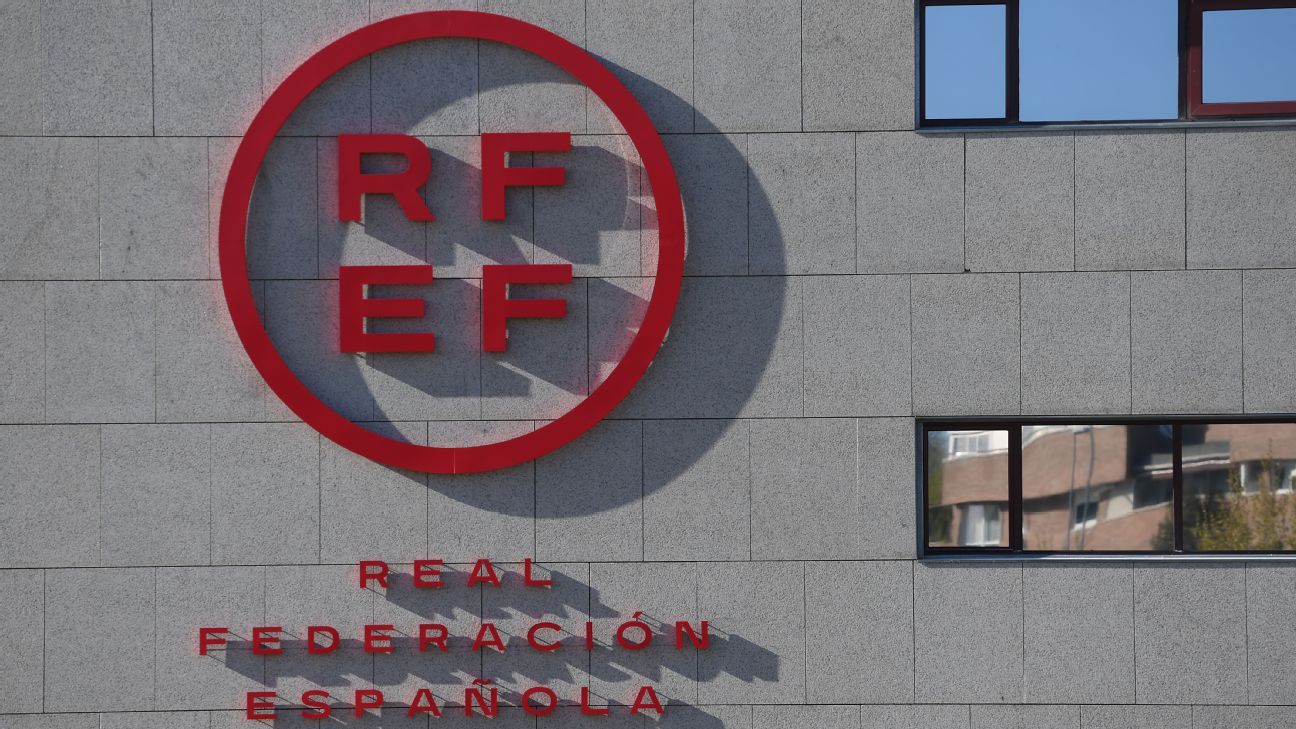
FIFPRO continues to await FIFA’s response regarding World Cup heat concerns.
FIFPRO’s Ongoing Concerns About Player Health and Match Scheduling Ahead of the 2026 World Cup
As the excitement builds for the 2026 FIFA World Cup, global footballers’ union FIFPRO is raising red flags over crucial issues concerning player health and match scheduling. Following experiences at this summer’s Club World Cup in the United States, FIFPRO is still awaiting detailed discussions with FIFA about how the schedule will be managed to ensure the safety and performance of athletes. The impact of excessive heat and stringent match timings has spurred FIFPRO to call for serious reconsideration of these elements in light of the upcoming tournament.
The Weight of Workload: FIFPRO’s Comprehensive Report
FIFPRO recently unveiled a 51-page report titled "Overworked and Under-Protected—The Player Health and Performance Impact." This document delves into the implications of player workload and rest, particularly scrutinizing the challenges that athletes face during high-stakes competitions like the month-long Club World Cup. The report focuses on the forthcoming 2024-25 season but emphasizes the broader implications for the World Cup, showcasing the need for immediate action.
Central to the findings are the concerning statistics regarding major clubs like Paris Saint-Germain, Real Madrid, Manchester City, and Chelsea, who all fielded teams with significantly less than the recommended 28-day summer rest period. Chelsea and Madrid each provided their squads with just 20 days, while PSG had an alarming seven days of pre-season training. These timelines not only disrupt the athletes’ recovery and performance cycles but are also a blatant disregard for health regulations that govern professional sports.
The Aftermath of Heat: A Wake-Up Call from the Club World Cup
The Club World Cup served as a critical case study on the consequences of poor planning in extreme weather conditions. FIFPRO recorded several instances where matches were delayed or affected by excessive heat, confirming their long-standing concerns about health risks. FIFPRO has urged FIFA to rethink scheduled kick-off times and game venues as they prepare for the World Cup in 2026, set to take place across the U.S., Mexico, and Canada.
The experiences during the Club World Cup acted as a wake-up call, highlighting the inadequacies of existing protocols regarding player safety in adverse conditions. FIFPRO’s General Secretary Alex Phillips stated that while informal discussions with FIFA are common, the lack of significant dialogue specific to the World Cup is troubling. Phillips insists that it is vital to address these issues well in advance to mitigate risks during the tournament.
The Role of FIFPRO in Player Advocacy
FIFPRO is determined to be the voice of the players, especially when their health and performance are at stake. Alex Phillips emphasized that the primary concern isn’t just the World Cup; it’s a broader issue affecting players globally. With the acknowledgment that most players earn their livelihoods through national leagues and competitions, FIFPRO is keen to ensure that all governing bodies, not just FIFA, uphold player welfare as a priority.
FIFPRO’s actions are proactive; they aim to provide relevant statistics and data to decision-makers to form adequate measures ahead of time. This strategy mirrors their approach to other competitions, like the Women’s Asian Cup, ensuring schedules align with player welfare standards. Their commitment to advocating for player rights and safety underscores the necessity for a systemic change in how football governing bodies handle scheduling amid increasingly extreme weather conditions.
Seeking Future Solutions: Engaging with FIFA and Other Governing Bodies
FIFPRO’s leadership in this dialogue signifies not just the urgency of the matter but also the necessity for collaboration to find effective solutions. Both Phillips and FIFPRO’s director of policy and strategic relations, Alex Bielefeld, agree that the relationship between match scheduling and player health should be given immediate attention. They recognized that extreme heat had a tangible impact on player performance at the Club World Cup, pointing out the inadequacies of existing regulations and policies in light of a warming planet.
With FIFA President Gianni Infantino yet to schedule talks with FIFPRO, the players’ union remains vigilant, insisting that both statistical data and scientific studies should inform future decision-making. The club’s experiences serve as a compelling narrative of why proactive strategies are not just recommended but essential for preserving the athletes’ health in a continuously heated world.
As the countdown begins toward the 2026 World Cup, the stakes are high and the onus is on FIFA and other governing bodies to address these monumental concerns. While FIFPRO continues to push for collaboration, the pressure mounts for a restructuring of how football adjusts to modern-day challenges—ensuring that the beautiful game remains safe and enjoyable for those who play it.



